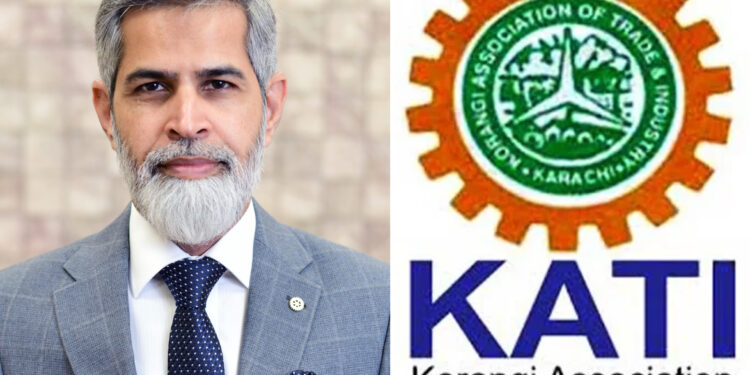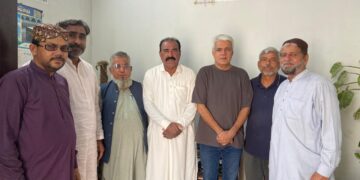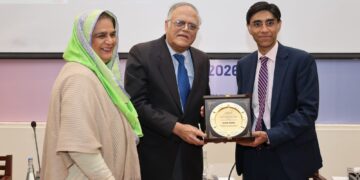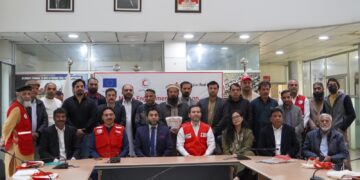Karachi: Junaid Naqi, President of the Korangi Association of Trade and Industry (KATI), has urged the
government to immediately reduce electricity tariffs to Rs. 26 per unit to ensure the survival of
industries and economic stability in Pakistan. He warned that the soaring electricity rates are severely
impacting industrial production, job creation, and business sustainability, making it increasingly difficult
for local industries to remain competitive on a global scale.
Junaid Naqi stressed that the government must take urgent measures to rationalize electricity costs and
ensure that the benefits of renegotiated Independent Power Producer (IPP) contracts are directly
passed on to consumers. He cautioned that if electricity prices are not lowered immediately, industries
will be forced to shut down, unemployment will rise, and the country will face an economic crisis that it
cannot afford.
The KATI president strongly rejected the unprecedented 2600% increase in security deposits imposed by
electricity distribution companies (DISCOs), calling it an unjustified financial burden on industrial
consumers. He pointed out that industrial consumers already have a 99% payment recovery rate,
leaving no justification for such an excessive demand. He called for the immediate reversal of this
decision.
Junaid Naqi also condemned NEPRA’s arbitrary deduction of Rs. 3 to 4 per unit from the negative fuel
adjustment for December and January. He labeled these deductions as illegal and unfair, stating that
NEPRA made these reductions without any formal determination, depriving Karachi’s industries of their
rightful relief. He emphasized that such unauthorized deductions violate transparency and fairness in
regulatory practices and must be reversed immediately.
He reiterated KATI’s key demands: an immediate reduction in electricity tariffs to Rs. 26 per unit to
support struggling industries, the withdrawal of the 2600% increase in security deposits, the full transfer
of negative fuel adjustment benefits to consumers without unauthorized deductions, and the
implementation of transparent and fair regulatory measures.
Junaid Naqi urged the government and regulatory authorities to take immediate action to safeguard
industries from further economic hardship. He warned that Pakistan’s industrial sector is already under
severe pressure, and any delay in reducing electricity costs will lead to irreversible damage to exports,
employment, and the overall economy.
“We expect swift and decisive action from the government to address these pressing concerns and
prevent further devastation of Pakistan’s industrial sector,” he concluded.




















